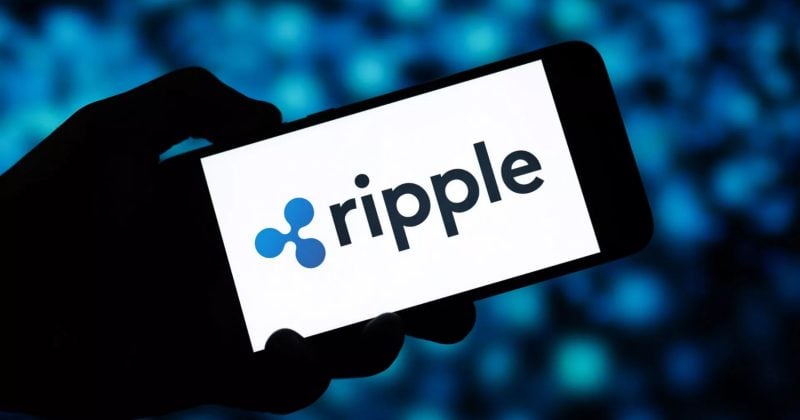ARTICLE AD
To improve the cross-L2 compatibility, Vitalik Buterin proposes a standard set of rules for all networks to alleviate issues pertaining to cross-chain communication.
Vitalik Buterin, the co-founder of Ethereum, has shared a plan in order to improve the cross-chain interoperability functions between the Ethereum Layer 2 networks. Buterin believes that the new solution would largely smoothen the experience within the Ethereum ecosystem.
The Ethereum co-founder’s proposition came while responding to a question on the most promising path to address the issues with cross-layer-2 interoperability. Responding to the question, Buterin said:
“I think people will be surprised by how quickly ‘cross-L2 interoperability problems’ stop being problems and we get a smooth user experience across the entire Ethereum-verse.”
Furthermore, the Ethereum co-founder said that he sees strong support and “will” to make this happen. Besides, he further highlighted the large number of Ethereum Improvement Proposals (EIPs) on the roadmap to cross-L2 compatibility.
One of the stages within the roadmap includes the EIP-3370 which brings forward a new address standard for dApps and wallets to display chain-specific addresses through a human-readable prefix. Another step is upgrading to EIP-7683 which will introduce a standard way for different Ethereum Layer-2s to communicate as well as execute trades across multiple chains.
Currently, it’s quite complex for users to trade assets across different networks. Thus, Buterin believes that there should be a standard set of rules for all networks to alleviate issues pertaining to cross-chain communication.
Ethereum Co-Founder Seeks to Improve Cross-Chain Communication
Also, the EIP-3668 proposal outlines a method for the Ethereum smart contracts to access the off-chain data in a standardized manner. Buterin refers to this as “layer-2 light clients”, which aim to standardize the way Ethereum contracts access off-chain data. This approach simplifies and enhances the efficiency of developing applications that need extensive data without incurring high on-chain storage costs.
Moreover, he also mentioned that “cross-L2-replayable account state updates,” which shows how the Layer-2s receive the recent L1 state updates while maintaining low latency and security. Additionally, the Ethereum co-founder mentioned a few Phase 2 updates such as proof aggregation and keystore rollups in order to improve cross-chain L2 compatibility.
Regarding compatibility with existing zero-knowledge and optimistic rollups, he stated that these “stage 1” updates are “completely independent of the details of rollup technology”. “Eventually, I think all rollups will go zk (and existing zk rollups will have to redo their tech stack), in order to finalize to Ethereum once per slot. But that’s like 5+ years away,” added Buterin.

 3 months ago
27
3 months ago
27 

